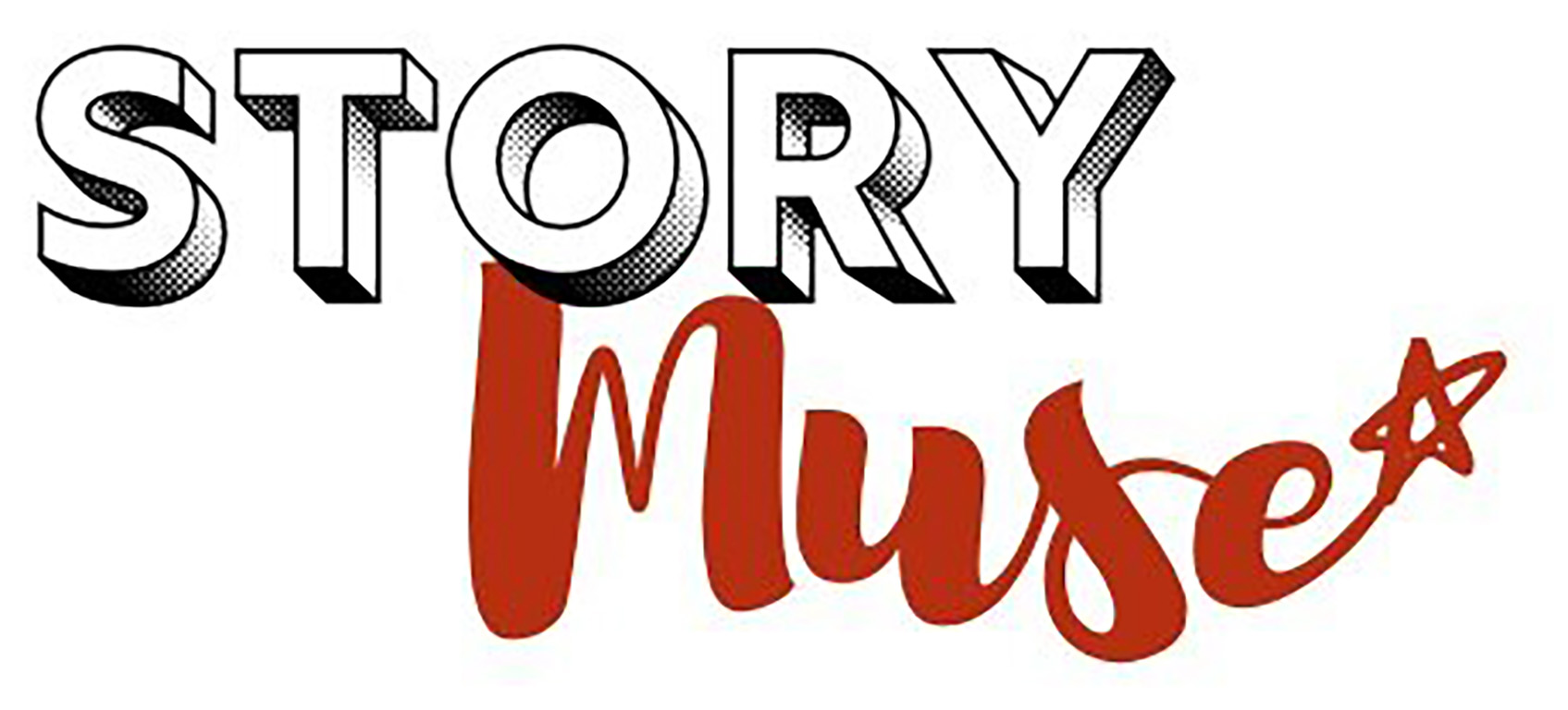A JOURNEY TO BLACKSBURG, VIRGINIA
An Opportunity to Serve, Forgive and Heal
The death toll of 33 made it the deadliest shooting in
modern US history. On the morning of April 16, 2007,
student Cho Seung-hui, a South Korean national and US
resident, walked the halls of the Virginia Tech campus
and shot and killed 32 people and injured 20 others
before turning the gun on himself.
For such tragedies, when the wounds go that deep for
not just a community but also for a nation, when the
pain resides – so vulnerable – right at the surface,
what can ever be done for those left behind: the
families, the fellow students, the community?
For the community of Blacksburg, Virginia – the home
of Virginia Tech – one outreach will take place Sept.
16 at an open event, which will present the screening
of the documentary film “The Power of Forgiveness” and
a question and answer session with Journey Films’
Martin Doblmeier, a local Virginian, and Azim Khamisa,
a San Diego man one who has experienced his own tragic
loss and found a way through the pain.
Khamisa – whose son Tariq was murdered in 1995 while
delivering pizzas by a 14-year-old gang-member Tony
Hicks – established the Tariq Khamisa Foundation (TKF)
with the intention of ending youth violence and
planting the seeds of hope, forgiveness and peace in
the minds of youth and adults alike. Reaching out in
forgiveness to Tony Hicks, and to Tony’s grandfather,
Ples Felix, Khamisa’s story is one of a dozen
highlighted in Doblmeier’s documentary.
In the documentary – which was taken on a 33-city tour
this year and will be presented on all PBS stations
early next year – Doblmeier visited locations that had
experienced extreme violence in order to document
people’s responses and the community’s drive to band
together.
Invited by Doblmeier to attend the community
screening, Khamisa says he will be there to basically
answer questions and be of service in any way he can,
offering his own story of healing.
“I believe I can relate to the pain beyond what words
can describe,” he says. “I’d also like to relate the
view that there is a chance for personal growth from
this experience … not just for the victims’ families
but also the world at large.”
The event is sponsored by HERE: Honoring Experiences,
Reflections and Expressions, a group created by
community members in May with the common desire to
facilitate public dialogue and artistic response after
the shootings. Says Shannon Turner, HERE Program
Coordinator, the intention of the screening and the Q
& A session is to help fulfill HERE’s mission, which
is “to create safe, sensitive, and diverse
opportunities for our community’s processing and
healing.”
“We believe that providing intentional and
community-based opportunities for gathering and
sharing helps us in our individual and collective
journeys,” says Turner. “The events and gatherings to
begin this community experience are consistent with
our belief that coming together to share and listen to
our community stories will help build the road toward
a better future, for us as individuals and as a
community.”
She said that audience members at the screening would
be invited to participate in smaller, topic-based
discussion groups throughout the community during the
weeks after the screening.
Though the event is open to all, it can’t be confirmed
that the victim’s families or Virginia Tech students
specifically will be in attendance. It also can’t be
determined how those in the audience will receive the
movie or the presenters.
Turner is sensitive to the needs of the community that
is still healing from the tragedy. “We as a group are
not inclined to speak to how we think the event will
be received by the attendees or about how family
members and students are doing four months after the
tragedy. The community represents a multiplicity of
experience around what has happened, and therefore no
one individual or group can speak for the rest.”
Says Doblmeier, “I honestly never think of what will
happen. I know I am going into the event to listen as
much as to talk.”
Doblmeier, who began Journey Films in the 1980’s, has
created 25 films to date, each exploring faith,
spirituality and the drive for understanding. Of his
latest fair, he says, “Somehow we have become a very
angry culture. You see it in our movies, our nightly
news, even on our highways. A lot of people, myself
included, believe we have to start moving in a
different direction, and forgiveness is one step in
that new direction.”
The journey to Virginia came about during his 33-city
tour, when, while visiting Florida State, the chaplain
there had a contact with the chaplain at Virginia
Tech. After being invited to screen his film, he
instantly thought of inviting Khamisa to share the
experience.
“I believe he can speak to the hurt and suffering you
feel when you lose someone to a random act of
violence,” Doblmeier says. “There is no substitute for
that kind of wisdom.”
And can there be a positive result from this event?
Can there ultimately be positive change in a nation
that appears to get more and more violent? Khamisa
thinks the answer is yes. He says, “If violence is a
learned behavior, so then nonviolence is also a
learned behavior. We need to make a huge commitment as
a nation to teach non-violence and peace, and then
eradicate violence from our society. It’s doable.
What’s needed is a national will.”
This event, at least, reflects that will to open
dialogue for the sake of compassion and growth and
healing.
The Power of Forgiveness screening will take place 3
p.m., Sunday, Sept. 16 at the Lyric Theater in
Blacksburg, Virginia. For more information, contact
Shannon Turner, HERE Program Coordinator, at
shturner@vt.edu or 540.951.4771.
Story by Jim Ellis
